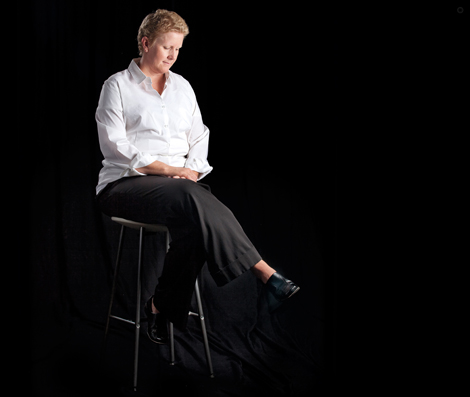
Sandy Kilian 47, Phoenix
Have you ever had a feeling you just couldn’t shake? That’s how Sandy Kilian felt for four years; she knew something in her left breast just wasn’t right. Nonetheless, her annual mammogram always came back clear and her doctor sent her away with a clean bill of health.
In March, when she went in for her exam, the nurse felt something suspicious, despite Kilian’s clear mammogram. She sent Kilian for an ultrasound and, sure enough, a very concerning area showed up. Two days later, Kilian went for a biopsy, where it was confirmed to be cancer. Months later—post chemo, surgery and radiation— Kilian is now in remission and looking forward to living life, with her family and in the outdoors.
Who has helped you get through this process?
SK: My husband and family have always been a driving force for me, especially during this time. I also couldn’t have done it without the Breast Patient Navigator Team. [SMIL was] a light for me in what could have been my darkest days. The day I received the dreaded call, I hung up and dialed my nurse. By the time she called me back, she’d already scheduled appointments for me. In some ways, I think she was just as big a support for my husband as well. I remember hearing him on the phone with her while I was in bed after my first weeks of chemo. In fact, she was there during my first chemo appointment, holding my hand. I couldn’t have done it without her.
What advice would you give to women?
SK: No. 1: Know your options. Not all cancers show up in the same way. If you know in your gut that something is wrong, talk to your doctor about other options, like an ultrasound. No. 2: If you’re diagnosed with breast cancer, find a nurse navigator. They will help guide you and you can follow along, instead of going by yourself. No. 3: Know it’s not a death sentence. Many, many women have fought the battle and have come out on top.
? Did you know…
that if you have a greater than 20 percent lifetime risk, an MRI in conjunction with a screening mammogram is recommended every year?
